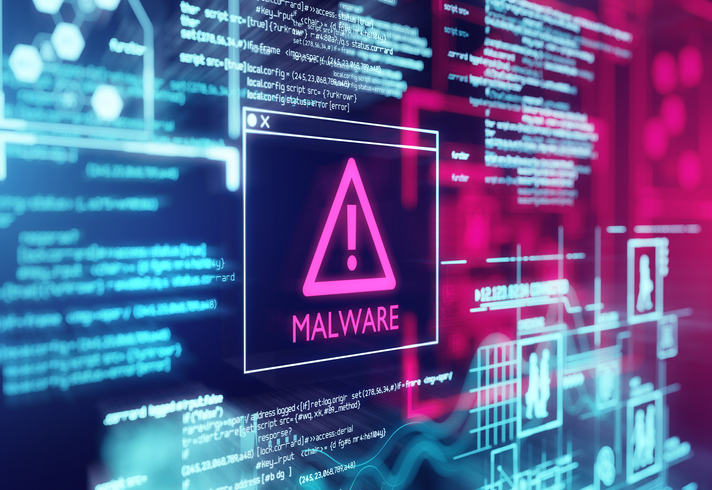Article
Self-repairing technology - is it the future of cyber security?
22 Dec, 20215mins
The greater our reliance on technology, the more attention we must pay to Cyber Security. This has become crystal clear during the pandemic, where many organisations have invested in digital infrastructure and have more digital information than ever in the face of increasing cyber threats. However, it is notoriously difficult to protect against all threats, with several high-profile organisations falling victim to attacks such as ransomware in recent years. The pressure is on to develop more effective Cyber Security measures — is self-repairing technology the approach we need?
What is self-repairing technology?
There has been much recent buzz about self-repairing (sometimes called self-healing) technology. Companies like ABN Amro and Absolute Software have been developing this cutting-edge technology, and many firms are already using it. The core feature of self-repairing technology is automation — it must be able to independently identify an incident, repair the damage and prevent the issue from arising again.
This new technology takes inspiration from the human immune system. The idea is to accept that some attacks are inevitable and instead focus on a quick and efficient recovery. ABN Amro has drawn on the expertise of immunologists using the principle of disposability to refine their software. In a human body, disposability means that some uninfected cells are periodically replaced alongside potentially infected cells. Systems will use behavioural analytics to detect suspicious activity and quickly respond to changing conditions.
What are the benefits?
Self-repairing technology is quicker to respond to threats than traditional methods. Often, malware can lie undetected for several months, and only then can IT teams attempt to fix the issue. In contrast, self-repairing technology can often spot and repair a problem in a matter of days. For example, using traditional methods, Adobe found that the average time to correct a data batching failure was 30 minutes — self-repairing technology reduced this to just 3 minutes. In addition, many self-repairing systems proactively seek out design flaws and rebuild themselves to become more resilient. Some can even monitor everyday wear and tear to predict when a device might be likely to malfunction and recommend when action is required.
In the face of IT shortages, self-repairing technology may become essential to Cyber Security. Problems can be quickly isolated before escalating into a full-blown data breach. Most self-repairing technology utilises a container system, which allows it to remove suspicious activity before it reaches the central system. This local intervention protects the broader digital infrastructure from harm.
What about the negatives?
Increased automation would allow IT professionals to focus on the tasks that add value to the company rather than solely fighting the growing wave of cyber threats. However, it isn't easy to know whether this new technology can be trusted to be completely independent. IT staff would likely be expected to monitor and work with self-repairing technology.
New technology is often expensive. Organisations will need high-quality self-repairing technology that works across devices and deployment scenarios. However, effective implementation of self-repairing technology should save an organisation money. According to a recent survey by Red Hat, up to 30% of infrastructure service tickets could be resolved by self-repairing technology. Therefore, the potential savings could far outweigh the initial costs.
Given the skyrocketing rates of Cyber Security attacks and the growing sophistication of threats, new approaches are vital. Self-repairing technology is one of the most exciting new developments in recent years and could represent a new phase of Cyber Security technology. Furthermore, in complex IT environments, at least some level of automation is essential — so why not embrace the next stage of Cyber Security development today?
If you work in the Cyber Security sector or any of our specialist areas and you’re thinking about a career move, talk to McGregor Boyall today and find out how we can help.


